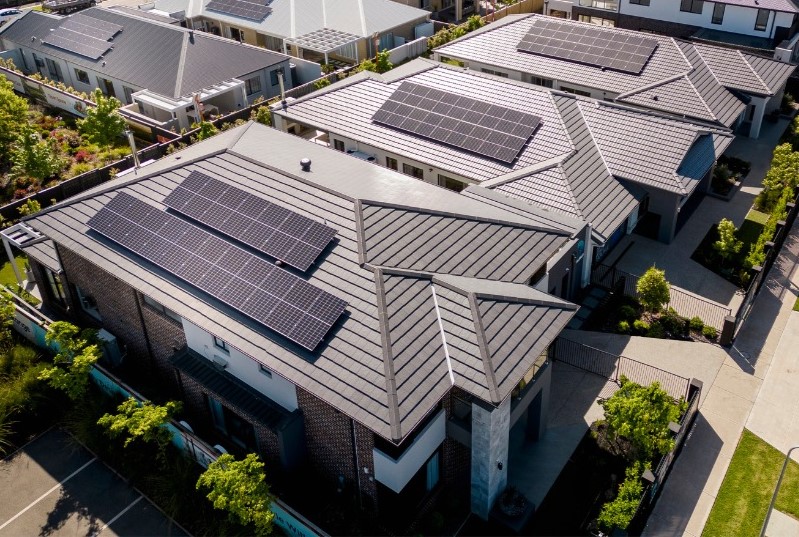The Victorian government has released an updated Gas Substitution Roadmap which outlines the next steps for the state’s shift from fossil gas to electric alternatives, including a ban on gas connections in new homes starting from next month.
“From January 1, 2024, all new homes that require a planning permit will not be connected to the gas network,” the government said, adding that it will also begin consultation on the potential future expansion of this phase out to encompass “all new residential dwellings and some commercial buildings.”
This work will be completed through a Regulatory Impact Statement (RIS) that will be conducted during 2024. The RIS is expected to exclude some industries, including Victoria’s hospitality, large commercial, industrial and manufacturing sectors.
While the ban on gas connections in new homes will kick in from next month, the Victorian government also announced that from next year rebates will be available to support Victorians to upgrade to electric induction cooktops and hot water systems.
“We’re ensuring Victorians aren’t locked into expensive fossil gas prices and sky-high energy bills for decades, helping them switch to efficient electric appliances that will deliver significant bill savings,” Victoria Energy Minister Lily D’Ambrosio said, noting that the price of gas has climbed 35% in the past two years.
It is estimated that existing households that go all electric can save an average of $1,700 a year, or up to $2,700 a year with solar installed – a 60% reduction in energy bills. The ban on gas connections in new homes will also eliminate a $400 annual charge.
Dan Cass, executive director of advocacy group Rewiring Australia, described the updated roadmap as a “big step in the right direction,” saying it provides a clear policy signal for the energy, appliances and building sectors that “the zero-carbon future for households is electrification.”
“Electrification offers more to Victoria than any other state because it has a higher proportion of households currently reliant on fossil gas for heating, hot water and cooking, which exposes them to price gouging by international energy companies,” he said.
Cass said he expects Victoria’s approach should inspire other states to embrace policies that help households to save money by getting off and independent of expensive fossil gas.
“Electrification is the swiftest, cheapest way to lower emissions and remove thousands of dollars a year from energy bills, and it can be done with existing, off-the-shelf technology,” he said.
The Victorian government’s announcement comes just days after a regulation to prevent new gas network connections to buildings in the Australian Capital Territory (ACT) commenced.
ACT Energy Minister Shane Rattenbury said the new regulation, which came into effect on 8 December, 2023, is an important step in the territory reaching net zero emissions by 2045.
“The regulation will apply to all residential buildings, commercial land-use zones and community facility zones,” he said.
Rattenbury acknowledged that there will be cases where electrification is not yet feasible, noting that the regulation will not apply to other land-use zones, including industrial zones.
“An exemption process will also be in place to provide options for businesses and commercial activities,” he said.
This content is protected by copyright and may not be reused. If you want to cooperate with us and would like to reuse some of our content, please contact: editors@pv-magazine.com.









By submitting this form you agree to pv magazine using your data for the purposes of publishing your comment.
Your personal data will only be disclosed or otherwise transmitted to third parties for the purposes of spam filtering or if this is necessary for technical maintenance of the website. Any other transfer to third parties will not take place unless this is justified on the basis of applicable data protection regulations or if pv magazine is legally obliged to do so.
You may revoke this consent at any time with effect for the future, in which case your personal data will be deleted immediately. Otherwise, your data will be deleted if pv magazine has processed your request or the purpose of data storage is fulfilled.
Further information on data privacy can be found in our Data Protection Policy.